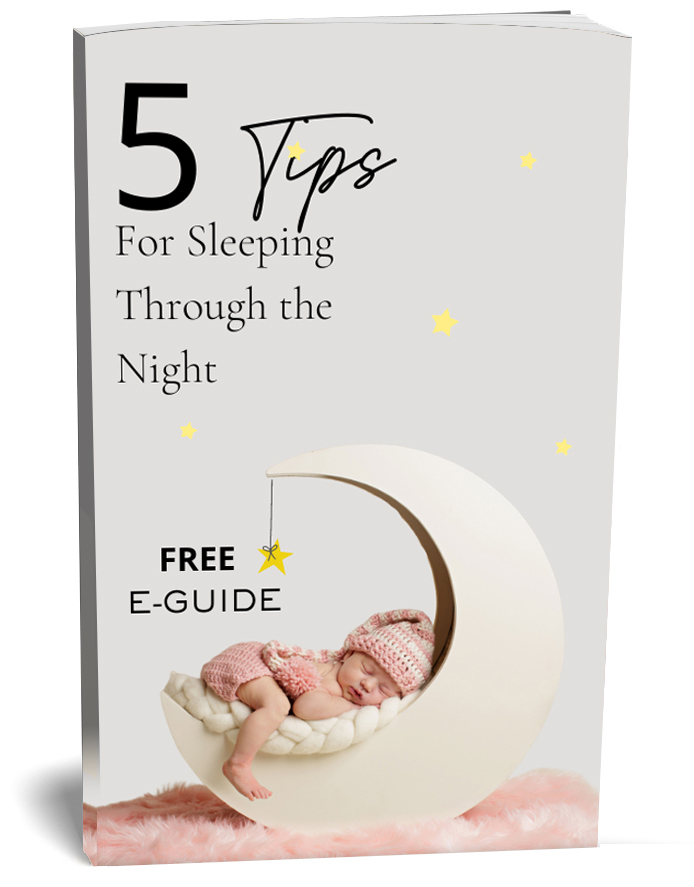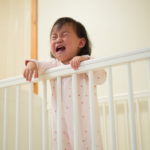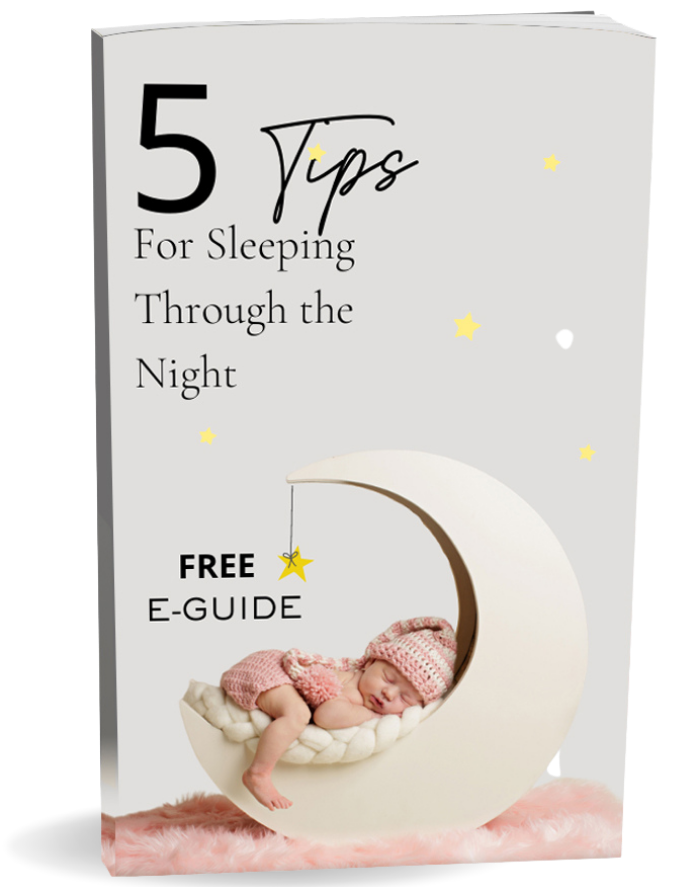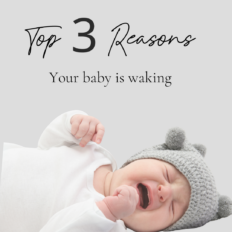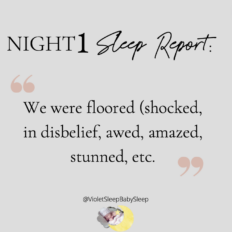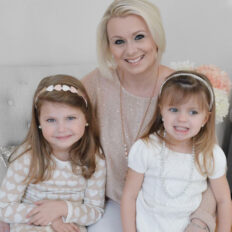5 Biggest Myths About Baby Sleep
Should you let your baby “cry it out”? How many hours do babies sleep through the night? Here at the most common myths about baby sleep I’ve encountered in my practice, plus the real scoop on each.
In This Article:
-
5 Myths About Your Baby’s Sleep
-
All Babies Are Different
-
How to Get Help With Your Baby’s Sleep
Myth #1: Babies Sleep 10 Hours Straight
This is one of the most common myths about baby sleep. We think of sleeping through the night as something on the order of 11:00 PM-8:00 AM, or something similar. So naturally, many parents assume that sleeping through the night means 8-10 hours for a baby.
Actually, most sleep experts define sleeping through the night as 6 hours without a feeding or the need to be soothed.
That may not sound like much, but once your baby is sleeping at least 6 hours without needing you, they’re already sleeping through the night. So your first goal with a younger baby (8-12 weeks) is approximately that period of time. And once they’ve achieved it, celebrate. It’s a milestone!
Once a baby is three months or older and starts sleeping through the night, they will likely sleep for 10-12 hours. It is important to be mindful of age-appropriate sleep patterns.
Myth #2: Babies Should Never Wake at Night
I know, I know. The whole point of contacting Sleep, Baby, Sleep is to find out how to get your baby to sleep through the night!
But here’s the caveat. Babies do wake during the night — that’s natural — but they should be able to soothe themselves back to sleep, without fussing.
The reality is that all healthy infants, children and adults experience waking periods through the night. (This can hold true for long naps, too.) Just like you, your baby has a sleep-wake cycle that brings them just to the edge of wakefulness, before they drift back off to sleep again.
This happens so routinely that even though it happens to you too, you don’t remember it. Neither does your baby. So a little shifting around in the crib at night is natural. Your little one is simply following her own natural cycle.
Myth #3: Cut Out Naps for Better Night Sleep
I had a well-meaning friend suggest this to me with my daughter. You may have gotten this advice from a family member, a friend, or on an internet search.
I’m here to tell you that this is not the advice you or your baby need. Think about how you feel when you haven’t gotten enough rest. You may have even had the experience of losing sleep the night before, yet finding it hard to sleep the next night.
Any time you deliberately (or unwillingly) go without adequate rest, you disrupt your endocrine system, the hormones that regulate your sleep-wake cycle.
For your baby, whose body is in the learning stage of self-regulation, things can be even worse. And when she’s awake, she’ll be cranky and less able to work on her developmental milestones.
So don’t cut out naps in the hope that your baby will sleep better at night. It won’t work, and it can hinder her development.
Myth #4: Babies Should Cry Themselves to Sleep
A little crying that winds down to gentle self-soothing is fine. But letting a baby cry for half an hour or even more is not the way to get your baby to sleep through the night.
Ignoring a baby who is becoming increasingly upset in her crib can make her more anxious. That means it may actually take longer for her to learn to fall asleep on her own.
It can also get in the way of your relationship. Good relationships are based on trust. When you ignore your baby, she not only becomes more frightened, but she realizes she can’t trust you.
Myth #5: All Babies Sleep Better in a Silent Room
Actually, many babies benefit from gentle, pediatrician-approved white noise. Professional opinions differ on why this is. I believe it is because it helps even out noise in the household, plus it can mimic the “woosh” sounds in the womb that the baby subconsciously remembers.
Just make sure you get a professional white noise machine made specifically for babies. The decibels should not be so high that they can damage your baby’s delicate hearing.
On the other hand, some babies do sleep better in a very quiet room. Your baby’s mileage will vary on this question.
How to Get Help With Your Baby’s Sleep
Which brings me to this: no matter what words of wisdom (and busting of myths) you’ve heard, your baby might still defy the rules.
It isn’t her fault. And it isn’t yours. So what do you do?
If you’ve already busted the myths about baby sleep but you’re not having success, t could be time to call in the experts. I love helping parents and their babies have a happier household by teaching babies to sleep. I’d love to help you, too! Find out more:
Baby WON’T Sleep?
Need Personalized, Pro Advice?
Check Out My Services Here!


